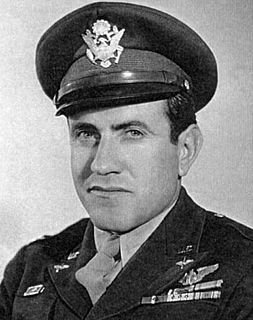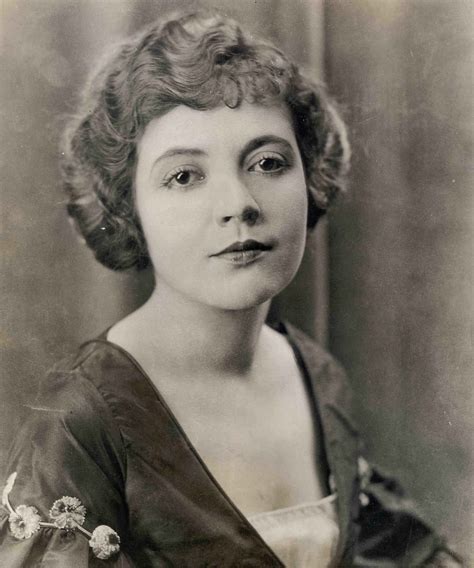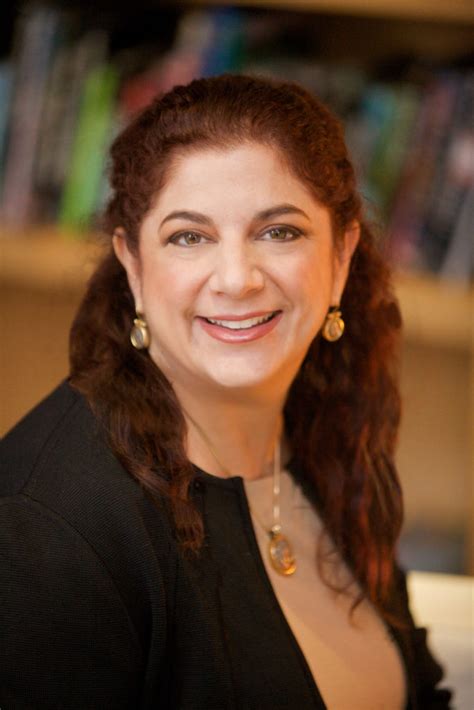A Quote by Anu Malik
In 'LoC,' I was returning to a war film after 'Border,' and I had to put myself into the hearts and minds of our soldiers.
Related Quotes
Now, when North Korea rears its head, we send our ships, we send our planes, we get ready, we got our 28,000 soldiers on the border, that's a seriously dangerous border by the way, they've got their million and a half man army and we have 28,000 soldiers. But here we are, doing this, protecting, and I am saying to myself, we don't even get money; we don't get anything for doing this.
It is time to acknowledge the extraordinary sacrifice of all of our veterans. While many Massachusetts soldiers served our nation in a period technically dubbed 'peacetime,' they restored American pride in the wake of Vietnam and helped bring a successful end to the Cold War. The service of these men and women was not without cost. There are countless stories of soldiers who served with great distinction only to be denied veteran status after returning home. Every man and woman who volunteered to serve this country should be treated with the same degree of respect, gratitude and dignity.
The paradox is that we have this amazing capacity in our minds and hearts to learn and gain insights and then to build a kind of personal storehouse of knowledge. The underside is that those insights harden and fill the spaces in our hearts and minds. They become assumptions, conclusions and judgments.
God gave us minds to think with and hearts to thank with. Instead we use our hearts to think about the world as we would like it to have been, and we use our minds to come up with rationalizations for our ingratitude. We are a murmuring, discontented, unhappy, ungrateful people. And because we think we want salvation from our discontents.








































